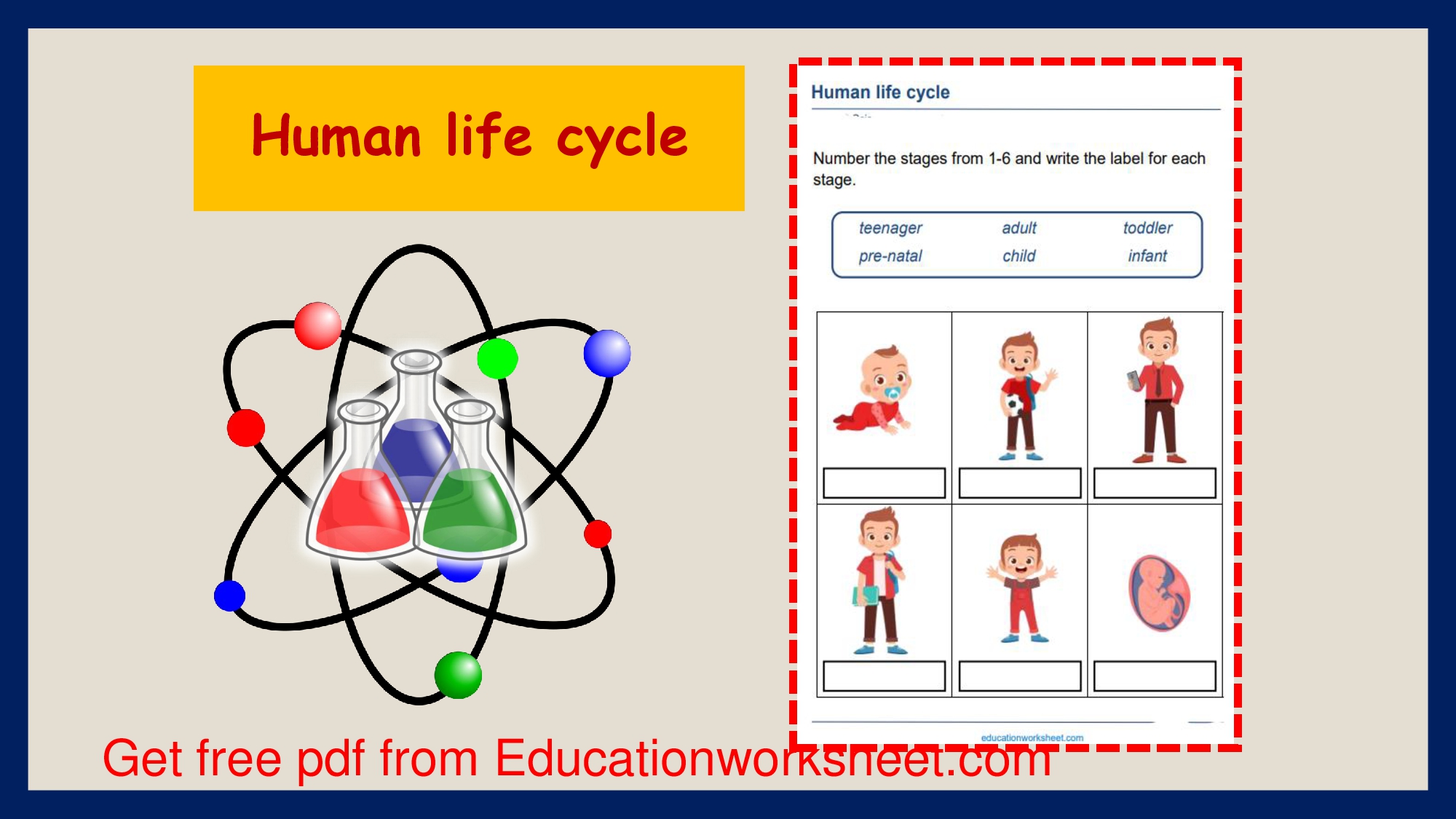Life stages of a human worksheets.
Life stages of a human worksheets.
The life stages of a human typically refer to the various phases or periods that individuals go through as they age and develop. These stages can be broadly categorized as follows:
Infancy (0-2 years) Life stages of a human worksheets.
This is the stage of rapid growth and development from birth to toddlerhood. Infants learn to crawl, walk, and develop basic motor skills. They also begin to develop their senses and form attachments to caregivers.
Early Childhood (3-6 years) Life stages of a human worksheets.
During this stage, children continue to develop their physical abilities and begin to acquire basic language and social skills. They also start formal education, often in preschool or kindergarten.
Middle Childhood (7-12 years) Life stages of a human worksheets.
Also known as the “latency stage” in Freudian terms, this period is marked by the development of cognitive and social skills. Children begin to form relationships outside of their family and explore various interests and activities.
Adolescence (13-18 years) Life stages of a human worksheets.
Adolescence is a time of significant physical, emotional, and social changes. It’s characterized by puberty, the search for identity, increased independence, and the transition from childhood to adulthood. Education and career choices become more important.
Early Adulthood (19-40 years) Life stages of a human worksheets.
This stage involves establishing independence, pursuing higher education, starting a career, and forming intimate relationships. It’s a time of exploration and personal growth.
Middle Adulthood (41-65 years) Life stages of a human worksheets.
This stage often involves career stability, raising children (if applicable), and contributing to the community. It can also be a time of reassessing life goals and experiencing physical changes associated with aging.
Late Adulthood (65+ years) Life stages of a human worksheets.
In this stage, individuals often retire from their careers and face challenges related to aging, such as physical health issues and changes in social roles. It can be a time of reflection on one’s life and accomplishments.
It’s important to note that these stages are general guidelines, and individuals may progress through them at different rates or experience them differently based on cultural, environmental, and personal factors. Additionally, some theories of development may define stages differently or include additional stages, such as emerging adulthood between adolescence and early adulthood.

